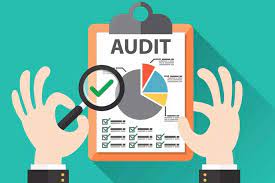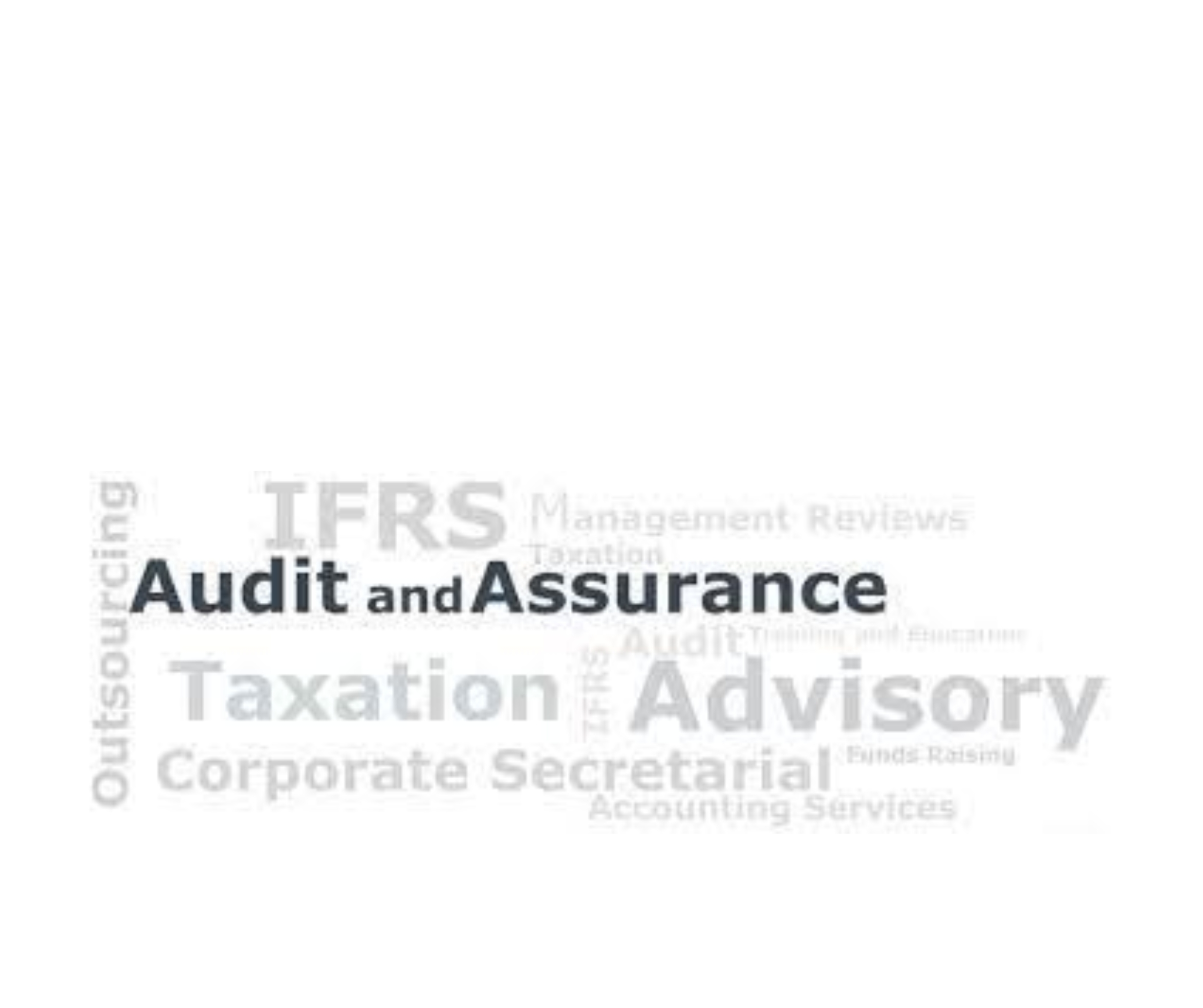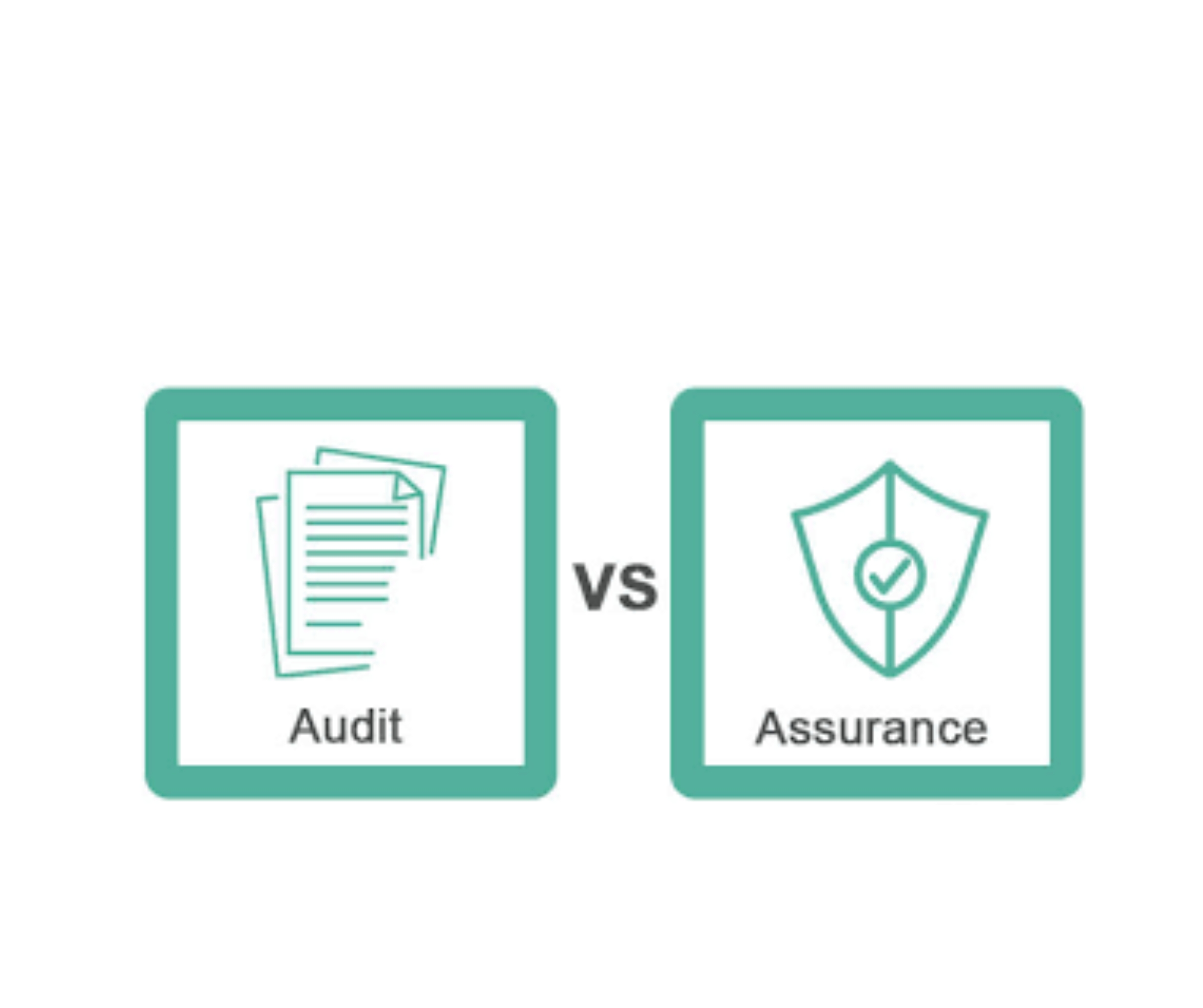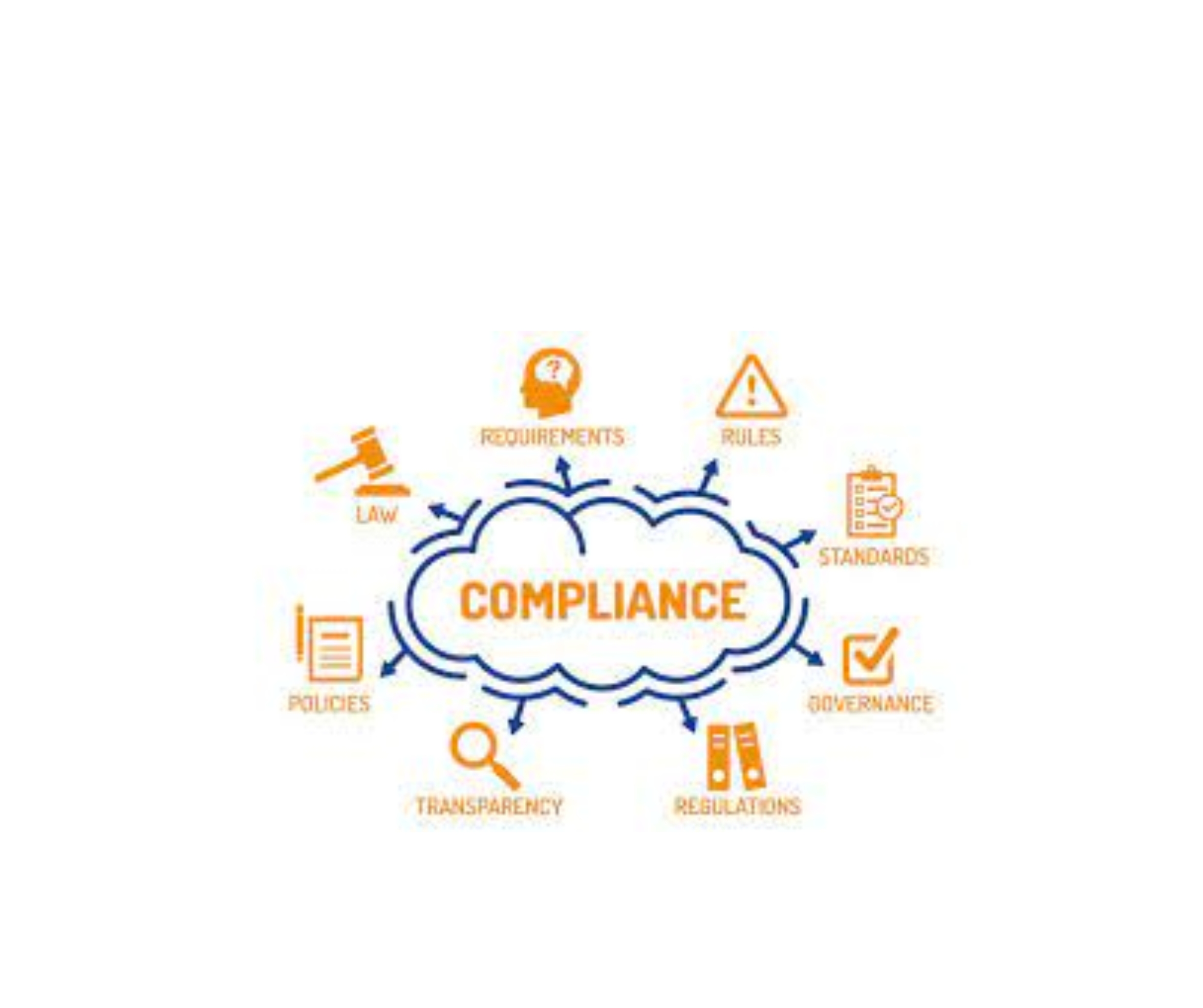When LLP is required to audit ?
When LLP is required to audit The requirement for LLPs to undergo an audit varies based on the jurisdiction and the specific regulations in place. Here are some general guidelines regarding when an LLP may be required to undergo an audit: Size Criteria: In many jurisdictions, LLPs are required to undergo an audit… Read More »








